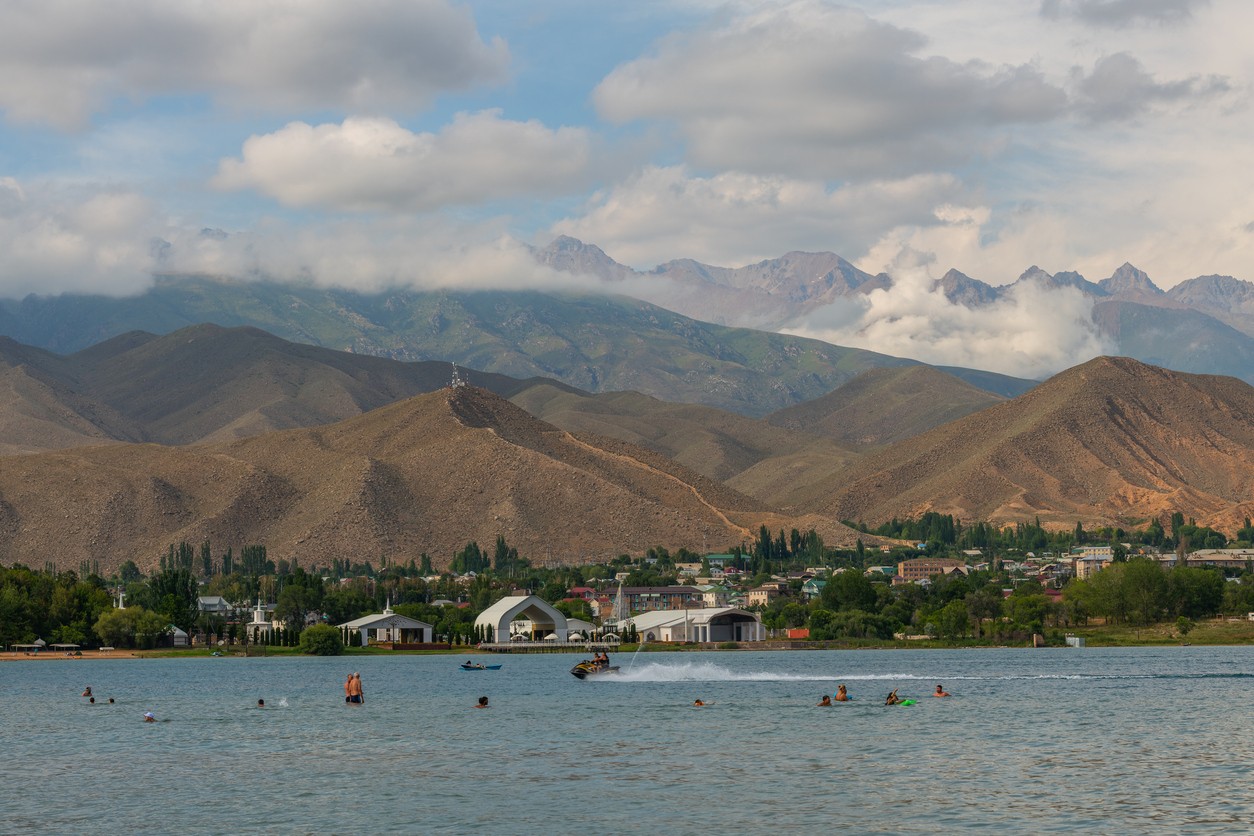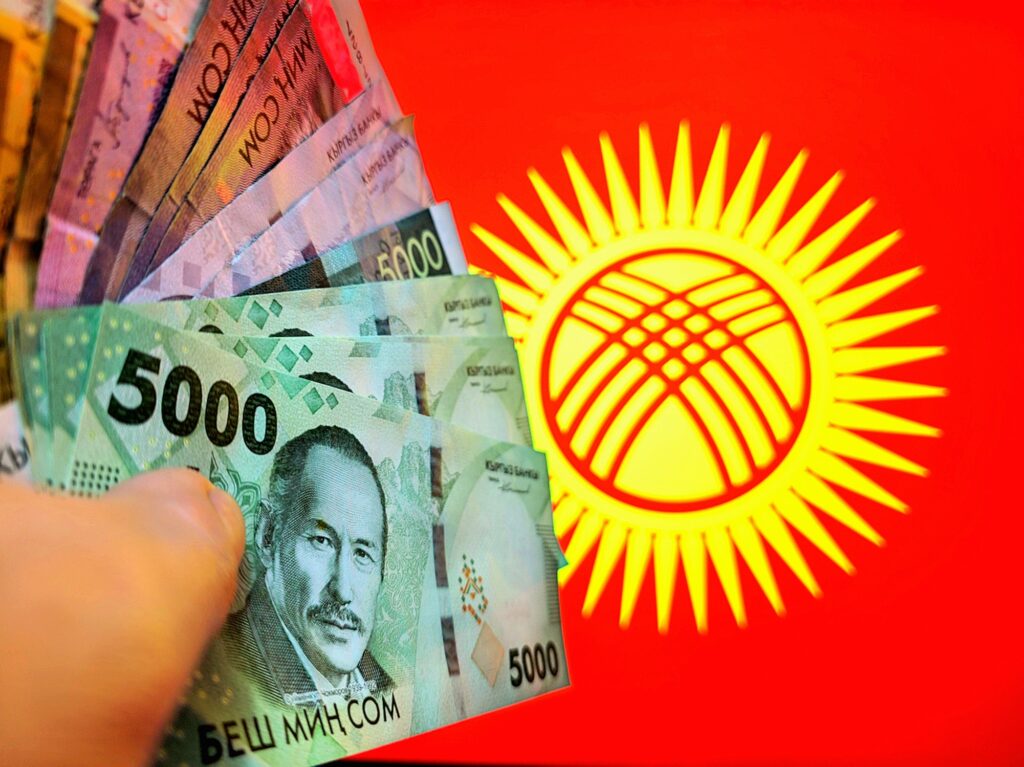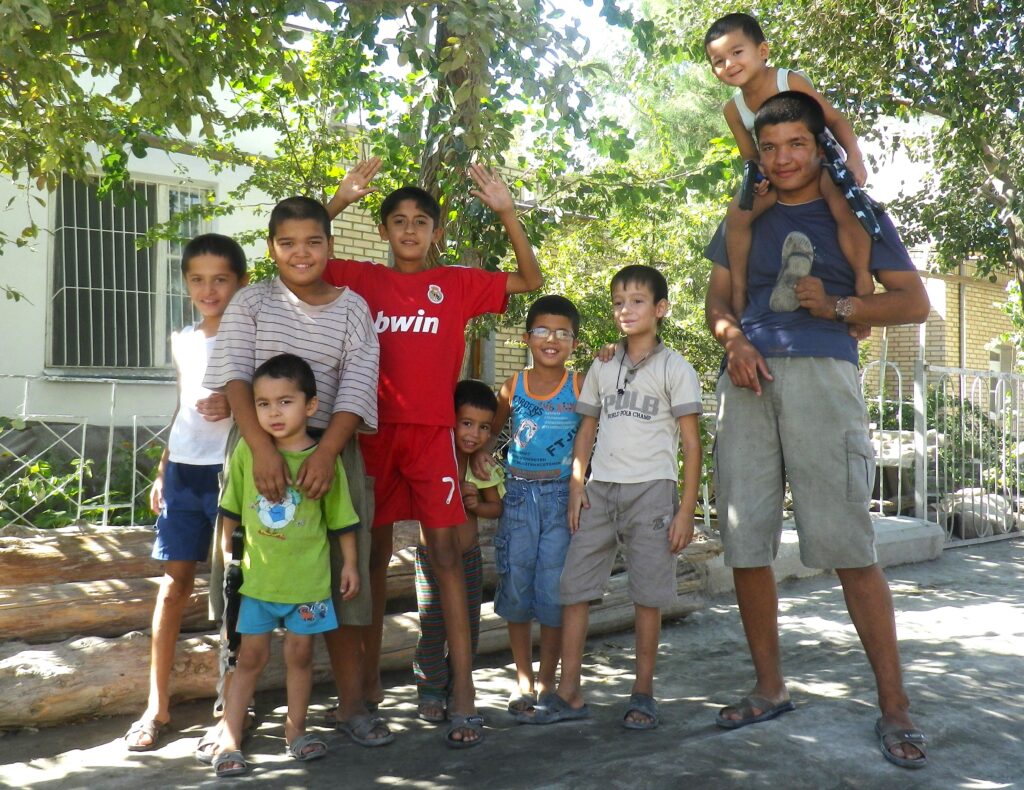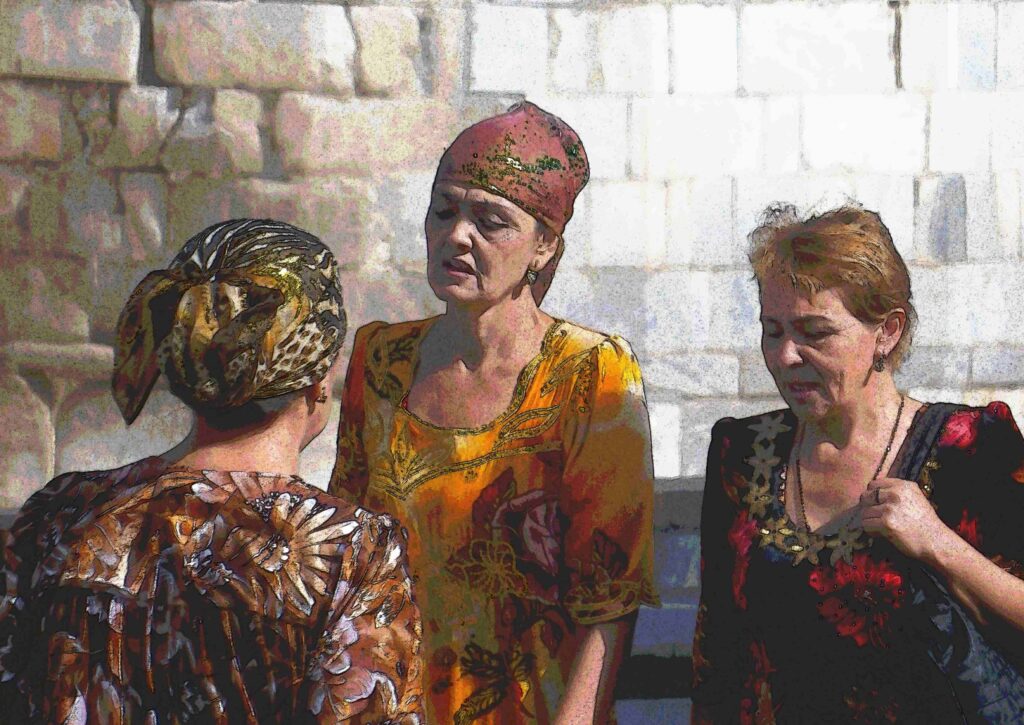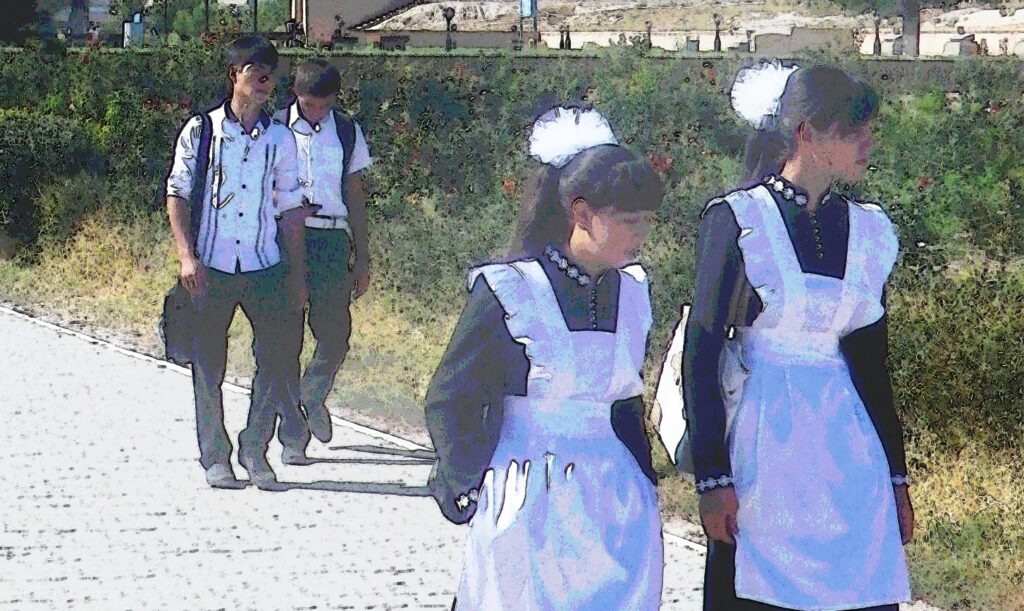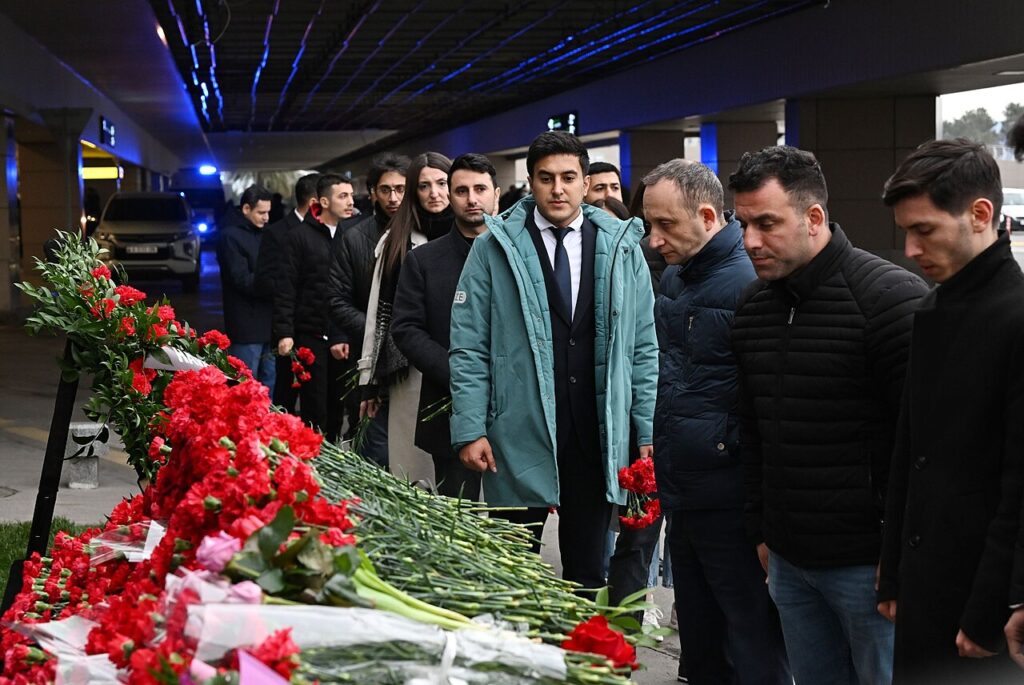Shavkat Mirziyoyev, President of the Republic of Uzbekistan, has approved an agreement between the governments of Uzbekistan and Kyrgyzstan, to regulate the ownership and continued operation of four spa and recreation centers in the Issyk-Kul region.
Kyrgyzstan’s transfer of ownership of the four resorts to Uzbekistan determines the authorization for implementing property rights but as cited by one Uzbek publication “The recreational facilities aren’t given, they are returned!” In April 2016, the “Golden Sands of Central Asia” (formerly “Bosteri”), “Rohat-NBU” (formerly “Rakhat”), “Dilorom” (formerly “Enesay”), and the unfinished construction of “Buston”, were transferred to the jurisdiction of Kyrgyzstan. Although located on the territory of Kyrgyzstan, the resorts previously belonged to JSC “Tashkent Mechanics Plant,” JSC “National Bank of Foreign Economic Activity,” JSC “Asakabank” and JSC “Uzsanoatkurilishbanki” of Uzbekistan.
Back in 2016, the government of the Kyrgyz Republic, under Prime Minister Temir Sariyev, decided to seize recreational facilities from the Republic of Uzbekistan. This led to litigation in international arbitration and the facilities were immediately renamed.
In September 2016, the Uzbek owners of resorts applied to the International Center for Settlement of Investment Disputes (ICSID). Uzbekistan considered that the 1992 agreement between the countries of the former Soviet Union, regulating the use of facilities left on the territory of other republics as a result of the collapse of the Union, was violated. According to this document, property belonging to one state but located on the territory of other CIS countries remains the property of its owners.
Thus began a long series of arbitration discussions and efforts to settle the matter amicably, leading to the announcement of an agreement between the Kyrgyz government and the Cabinet of Ministers of Uzbekistan in December 2017, whereby the land plots of the resorts would remain the property of Kyrgyzstan whilst other properties would be returned to the ownership of the Uzbek side. After formalizing property rights, Uzbekistan would undertake to upgrade boarding houses to a level of three or four stars and ensure their operation throughout the year. The agreement, however, was not signed, and discussions continued.
The dispute resolution review was completed in May 2023 in ICSID. Details of the deal remained confidential until Kyrgyzstan’s president Sadyr Japarov, announced that the international court had decided that Kyrgyzstan should pay Uzbekistan more than $40 million. Following negotiations, the parties agreed to lease the facilities for investors from Uzbekistan for 49 years.
The president then warned,” We cannot invest in their renovation in the next 15-20 years because we have many other critical issues. We cannot talk about recreational facilities until we solve them.”
Whilst Article 2 of the agreement clearly states that the Kyrgyz side transfers the ownership of buildings and structures to the Uzbek side, the recent agreement does not provide a fixed period for the rental of the recreational facilities.
Kazakhstan and Kyrgyzstan have long-standing problems with boarding houses, including those in the former’s “University”, “Olympus”, “Samal” and “Kazakhstan”sports and health resorts, in Issyk-Kul.
At the end of the 1960s, the USSR declared Issyk-Kul an All-Union resort. However, because the Kyrgyz SSR could not fund the construction of the required volume of boarding houses, the USSR called on the trade unions of other republics to build in Issyk-Kul; an opportunity immediately seized by neighboring Uzbekistan and Kazakhstan.
In 2006, Kyrgyzstan leased the aforementioned four recreational facilities to Kazakhstan for 49 years during which they should have been upgraded to 3-4 stars. Eighteen years later, nothing has changed, and dissatisfied , parties in Bishkek demanded that the facilities be removed. However, the 2006 agreement did not include an article on the return of boarding houses if the condition wasn’t fulfilled.
In September this year, the Deputy Minister of Economy and Trade of Kyrgyzstan, Iskender Asykulov, stated, “Earlier, only this clause was specified in the contract; there were no demands or responsibility for their non-fulfilment. Now, five years is specified in the contract annex. If the boarding houses don’t become full-fledged hotels during this time, Kyrgyzstan can unilaterally cancel the contracts within 60 days without paying the funds deposited by Kazakhstan.”
The new contract also states that at least 90% of hotel employees must now be Kyrgyz citizens, as opposed to the previous figure of 80%.
